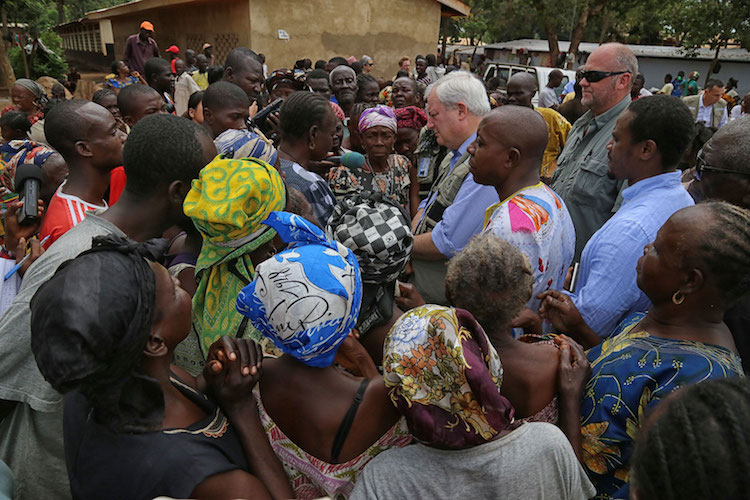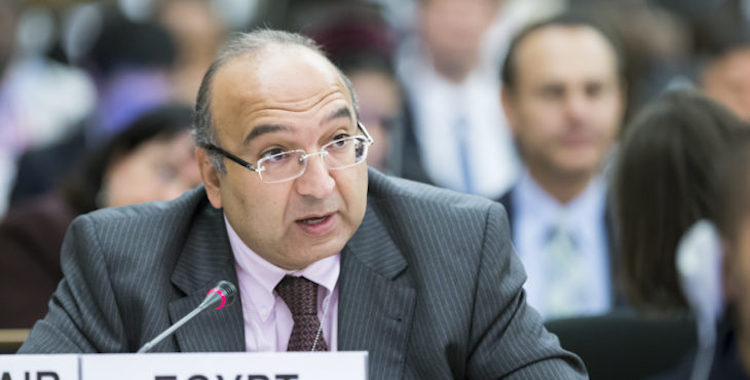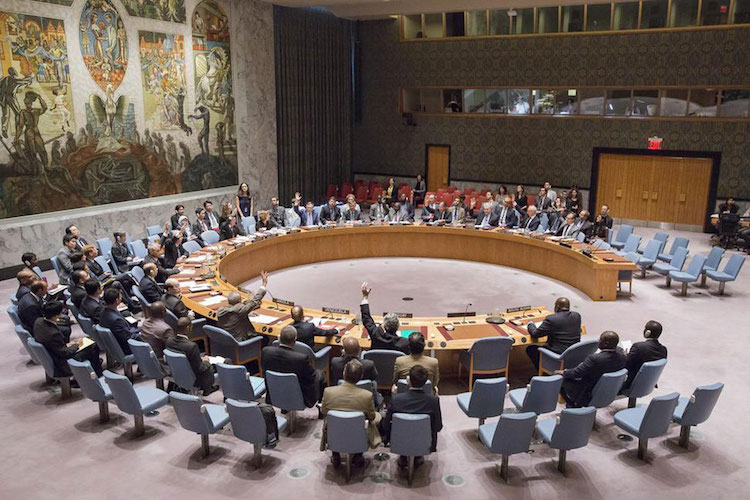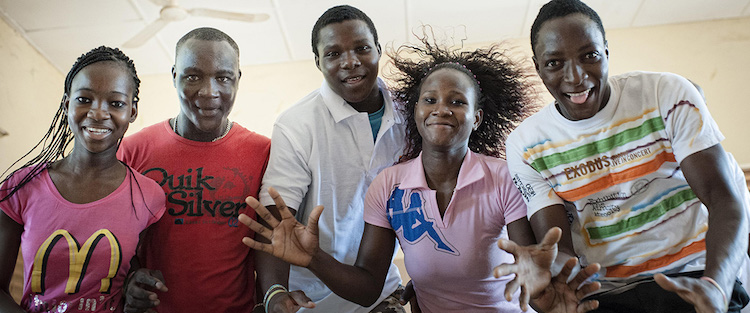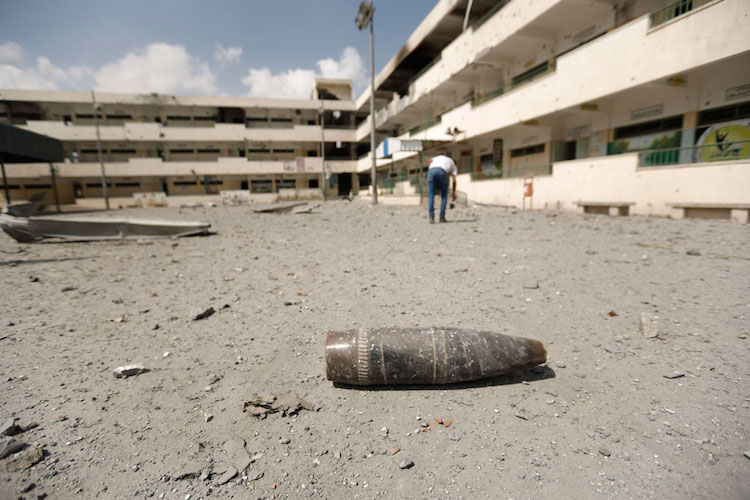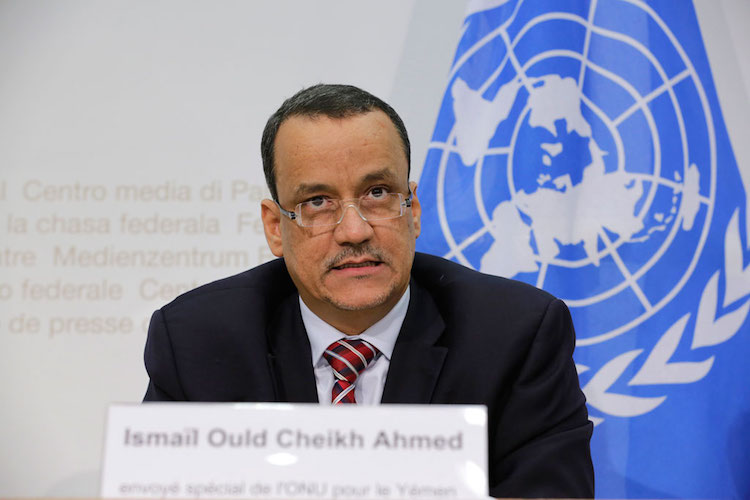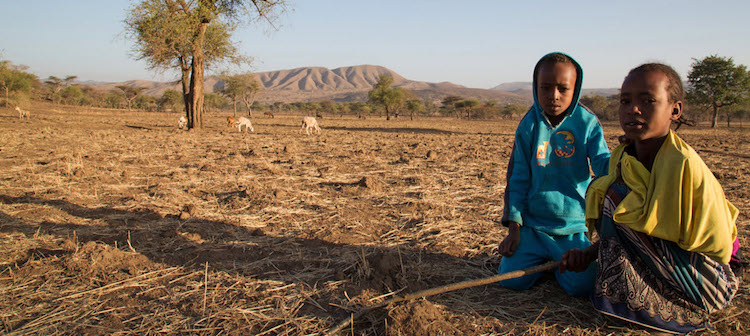By J Nastranis
NEW YORK (IDN) – The United Nations Office for the Coordination of Humanitarian Affairs (OCHA), which manages the Central Emergency Response Fund (CERF) on behalf of the UN Secretary-General, estimates that this year, there will be a $50 million shortfall on the annual $450 million funding target.
“I am very concerned that this could force the Fund to significantly reduce allocations for underfunded emergencies in the future,” the UN Emergency Relief Coordinator, Stephen O’Brien, has said, and appealed to all UN Member States, regional organizations and private citizens “to scale up their support to CERF and enable us to save more lives”.

